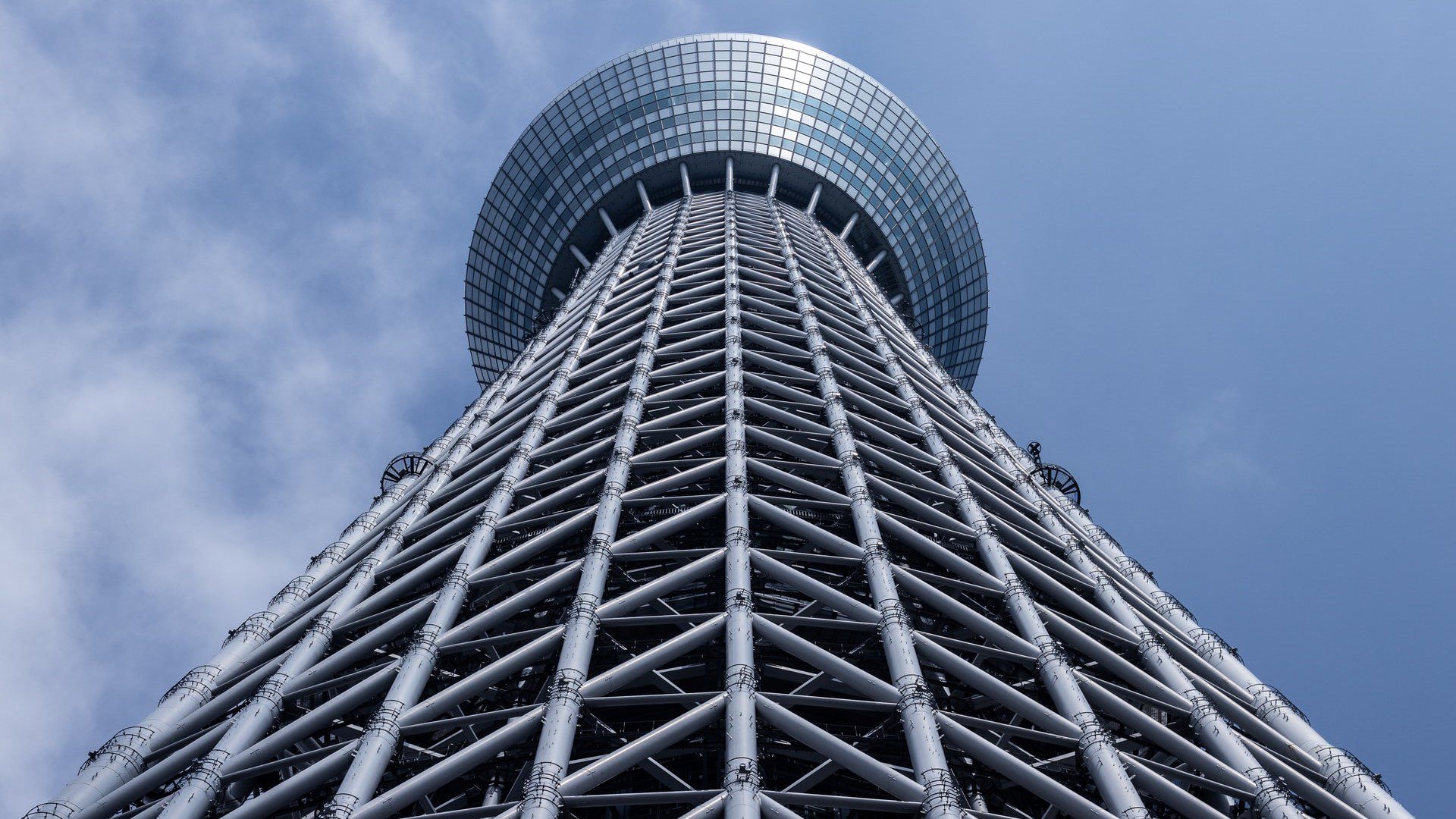On April 25, 2022, entrepreneur Elon Musk was successful in purchasing Twitter for a sum of around $44 billion.
Musk has pledged significant changes to the social media platform and has often affirmed a commitment to free speech, but what will this takeover actually mean for the future of these things?
Elon Musk’s takeover of Twitter is a case of the market providing
The decision by Elon Musk to pursue sole proprietorship is a response to widespread dissatisfaction with Twitter’s content moderation policies.
There has been growing public outrage over Twitter’s seemingly random shadowbans, arbitrary deplatforming, and a hidden algorithm that appears to prioritize certain kinds of political content.
Musk is on record as sharing these frustrations, and has pledged to reaffirm free speech and transparency, while dealing with the problems of bots and fewer advertisements.
He has supposedly identified an opportunity to transform the platform into a more open marketplace of ideas, something to which he believes the market will respond favorably.
This stands in stark contrast to the way free speech of big tech companies has been fought over in recent years. The predominant discourse has centered around whether the government should get involved more to regulate the way tech companies operate.
Instead, a private actor with fresh eyes has identified a consumer need, and has taken the steps to fulfill them.
Changes to Twitter will be less radical than many think
Musk’s reputation as some sort of Bond villain has naturally been followed by hysteria after buying one of the biggest social media platforms..
The charge is Twitter will become a hotbed of hate speech and right-wing extremism, especially since Musk is something of a celebrity among edgy, anti-woke activists. As such, numerous high-profile individuals have been announcing their departure from the platform.
Of course, these social media users are free to vote with their feet by moving to other platforms, but their fears over the future of Twitter appear largely unfounded.
Elon Musk has never claimed he wanted to abolish content moderation completely, and has stated Twitter policies will remain in the purview of the law.
A minimum level of content moderation is, of course, an important part of online freedom of speech. It’s also necessary for Twitter’s business model, as advertisers will be unlikely to leverage a completely unmoderated platform.
What is likely and hopeful is that Twitter may become more transparent around its algorithms and more forgiving of users who post controversial statements. But this does not mean that content moderation will be eradicated completely. Far from it.
The lesson here is that healthy industries are ones where a plethora of ideas can come and go, and consumer needs are met. Unhealthy industries, where we are divided and miserable, are ones where we decide how much control the authorities should have over our lives.
For more content on social media and content moderation, be sure to check out our video on the importance of Section 230 in protecting liberty online.
This piece solely expresses the opinion of the author and not necessarily the organization as a whole. Students For Liberty is committed to facilitating a broad dialogue for liberty, representing a variety of opinions. If you’re a student interested in presenting your perspective on this blog, send your piece to [email protected], and mention SFL Blog in the email subject line for your chance to be published and be seen!









